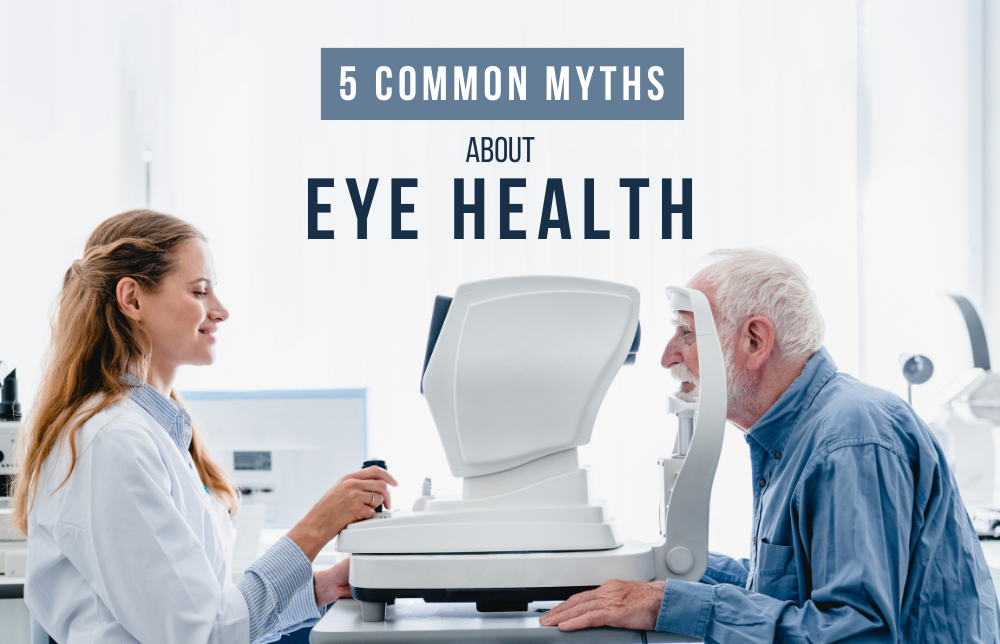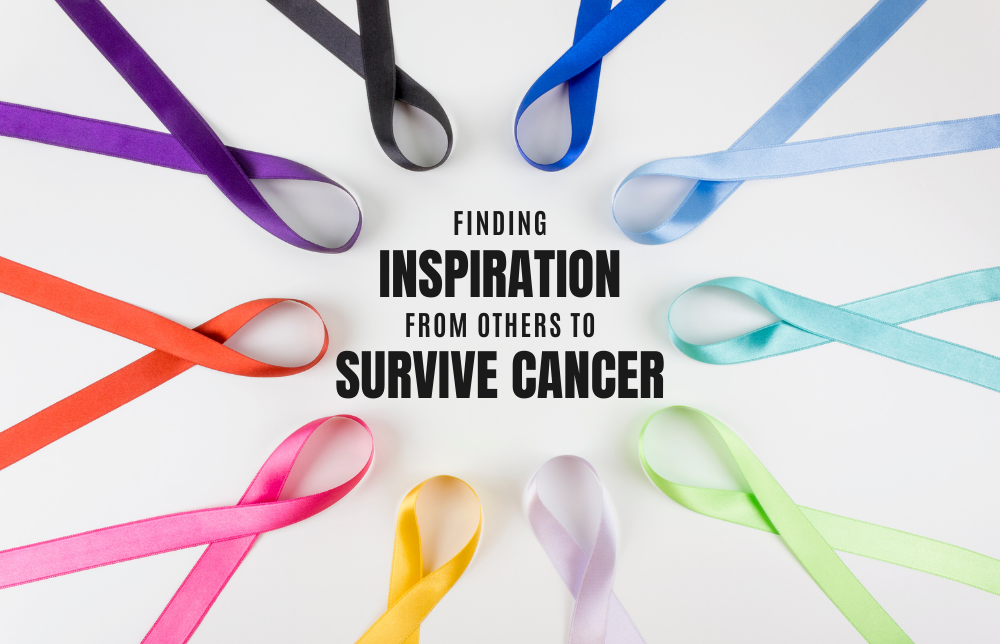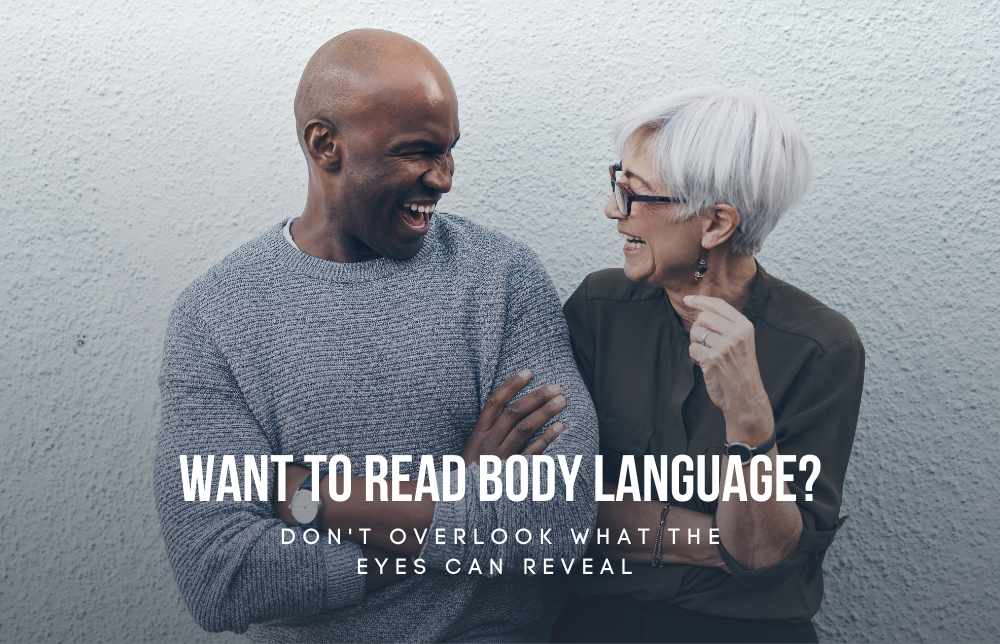
Five Common Myths About Eye Health
by TPEA | June 1, 2023
As we age, the risks for vision loss from eye disease increase. Unfortunately, many people rely on outdated conventional wisdom or random online searches to get answers to important eye-related health issues. Here are five common eye health misconceptions and the answers you need to help protect your vision and prevent vision loss.
Eye Health Myths
#1: You only need an eye exam if you feel pain.
Fact: Most eye diseases, like glaucoma and age-related macular degeneration (AMD), have no early warning signs or symptoms. By the time a change in vision is noticed, the damage can be irreversible. Regardless of symptoms, regular eye exams are essential in protecting sight.
#2: Computer screens will ruin your eyesight.
Fact: While it is true long hours spent in front of computer and phone screens can cause eyes to feel tired and strained for a variety of reasons, including the tendency to blink less frequently. But thorough research and data prove that computer, tablet, and phone screens are not responsible for any permanent damage to vision.
#3: All sunglasses are the same.
Fact: Ultraviolet rays can increase your risk for age-related macular degeneration (AMD) and cataracts. Since UV damage is cumulative, you should always protect from the sun. Make sure sunglasses block 100% of UVA and UVB rays and wear them whenever you’re outdoors. To provide additional protection from UV damage, you can also wear a hat and stay in the shade as well.
#4: Vision loss is an inevitable result of aging.
Fact: If you catch eye disease early and take steps to protect your vision, vision loss and many diseases can be prevented. Maintaining a healthy lifestyle that includes staying active, getting proper nutrition, and practicing other smart habits will help protect your vision as you age.
#5: If you got your eyes screened when you got new glasses or contacts, you don’t need an eye exam.
Keeping your eyes as healthy as possible requires regular checkups with an ophthalmologist – a medical doctor who specializes in the diagnosis and treatment of eye diseases. Eye exams for new glasses only check your prescription. Only a dilated eye exam will reveal the entire eye and detect signs of eye disease. Even if you recently got a new prescription for glasses or contacts, you might still need a dilated eye exam.
Taking proper care of our eyes is essential to preserve good vision and healthy eyes as we age. That’s why the Vision Plan from your association and AMBA is so important. The plan provides comprehensive coverage with low copays for important services, including coverage for a WellVision exam every 12 months, as well as big savings on eyewear, contacts, and lenses. Sign up now at www.AMBAdentalvision.com or call 866-979-0497.
Source: https://preventblindness.org/common-eye-myths/
RECENT POSTS

5 High-Inflammatory Foods That Raise Health Risks
We all know the obvious consequence of making consistently unhealthy food choices: weight gain. But the number of ways our
Read More
President Eisenhower, A Dental Emergency, and the (Potential) Alien Cover-Up
Early in 1954, President Dwight Eisenhower departed from the cold of the Washington, D.C. winter for a golf vacation in Palm
Read More

Finding Inspiration from Others to Survive Cancer
Every cancer survivor has a story—one filled with fear, hope, and courage. While survivors have many things in common, no
Read More

Want to Read Body Language? Don’t Overlook What Eye Contact Can Reveal
Body language makes up a huge part of daily communication. Want to know what someone is really saying? Body language may
Read More

